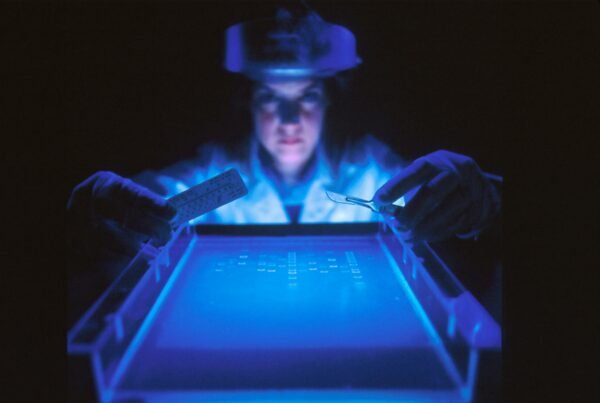Bio-identical hormone testing refers to laboratory tests that assess the levels of hormones in the body, with a specific focus on hormones that are identical in structure to those naturally produced by the human body. These hormones are often referred to as bio-identical because their molecular structure is identical to the hormones produced by the body’s endocrine glands, such as the ovaries, testes, adrenal glands, and thyroid gland.
Bio-identical hormone testing


Genetic Testing
Genetic Testing involves analyzing an individual’s DNA to identify changes or variations in genes, chromosomes, or proteins that may be associated with inherited disorders, susceptibility to diseases, or other genetic traits. Genetic testing can provide valuable information about an individual’s risk of developing certain conditions, help diagnose genetic disorders, guide treatment decisions, and inform preventive measures. Here’s an overview of genetic testing:
Toxicology Testing
Toxicology testing detects and quantifies drugs, medications, and toxins in biological samples (e.g., blood, urine, hair) to assess exposure, monitor drug therapy, and detect substance abuse. This includes tests for therapeutic drugs (e.g., TDM – therapeutic drug monitoring), drugs of abuse (e.g., opioids, cocaine, amphetamines)


PCR Testing
A PCR infectious disease panel, also known as a multiplex PCR infectious disease panel or PCR syndromic panel, is a diagnostic test that utilizes polymerase chain reaction (PCR) technology to simultaneously detect multiple infectious agents associated with a specific clinical syndrome or disease presentation. These panels are designed to identify a broad range of pathogens quickly and accurately, aiding in the diagnosis and management of infectious diseases.
